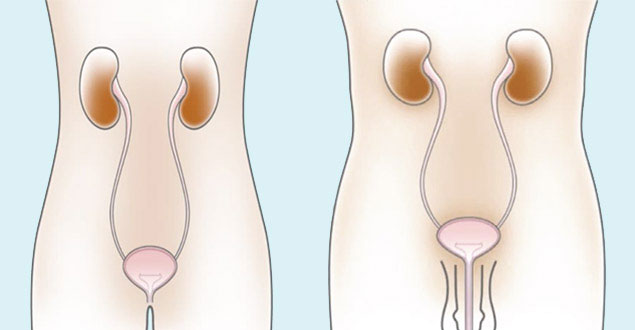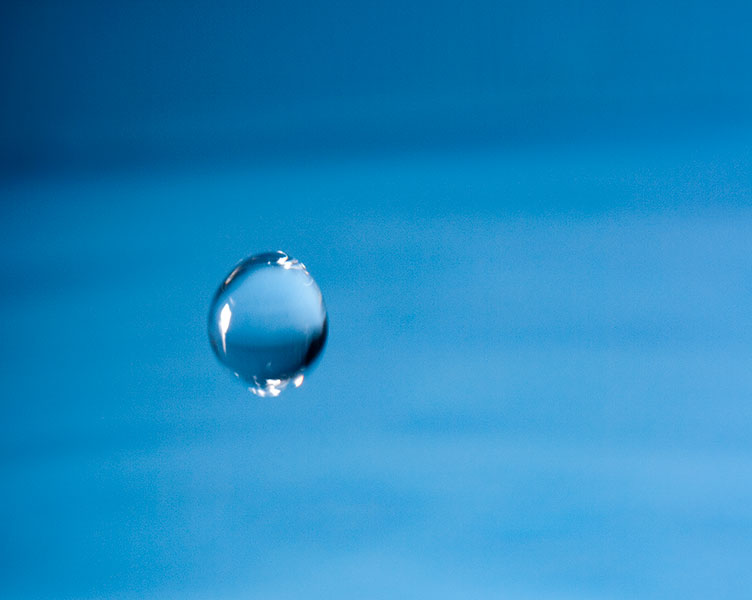What is urine?
Urine is a waste product that is produced by the kidneys in their process of cleaning the blood and is made up of water and dissolved waste products. The waste products are substances that the body does not need and that can be harmful to our organs if accumulated in the body.
If the bladder or kidneys fail, urine builds up in the bladder and then there is a risk that the urine doesn’t go down into the urethra to be expelled from the body but instead moves upwards back to the kidneys.
Therefore it is crucial that bladder and kidney problems are treated, in order for the urine to be expelled from the body regularly.

Some facts:
- The kidneys produce urine at the rate of about 30 ml an hour.
- Most people feel the urge to pass urine, when there’s around a cup (200 ml) of urine in the bladder.
- A normal bladder holds around 300-400 ml of urine.
- The average person produces 1,500 ml urine a day – but the more a person drinks, the more urine will be made.
- Most people pass urine 4-6 times a day, and sleep through the night.



